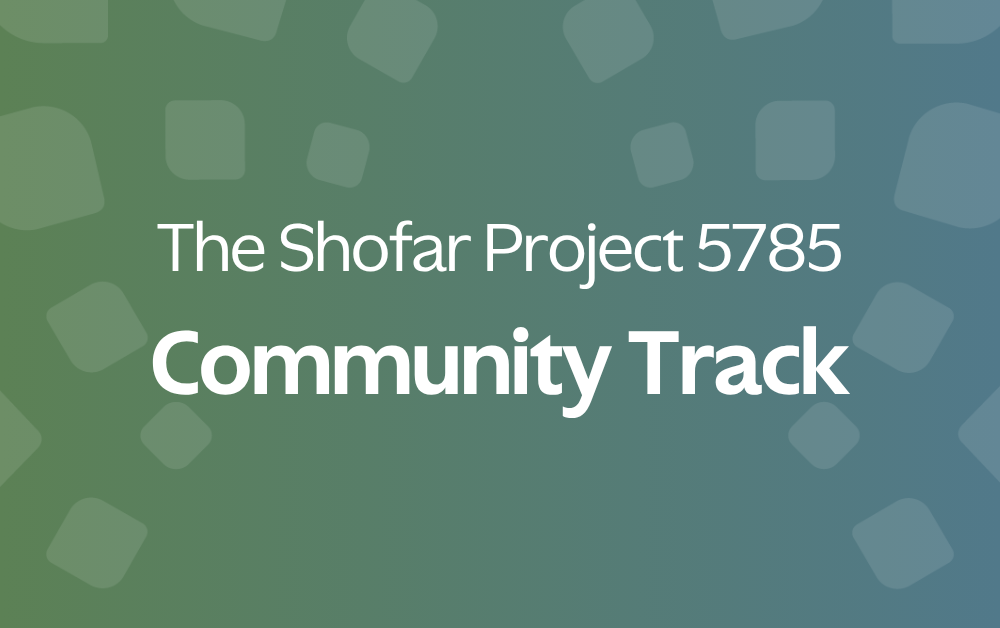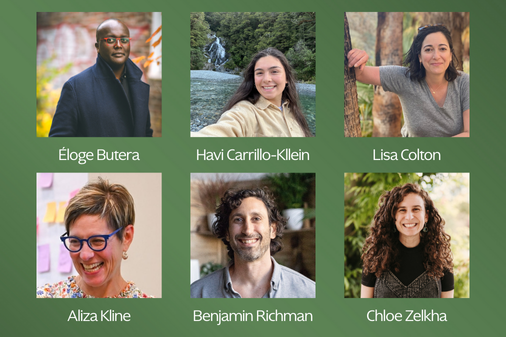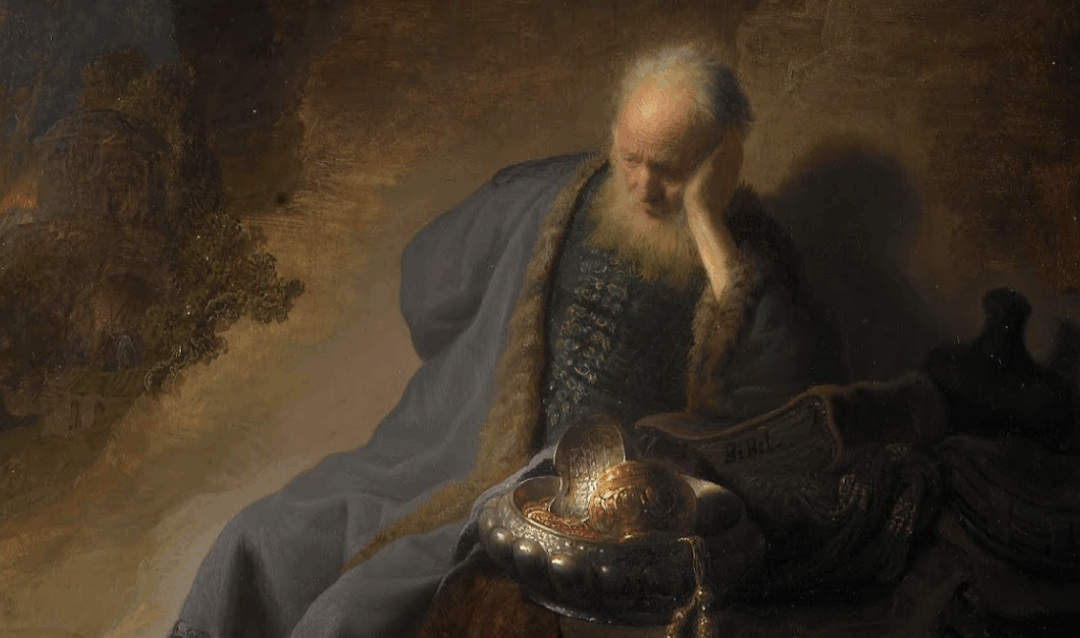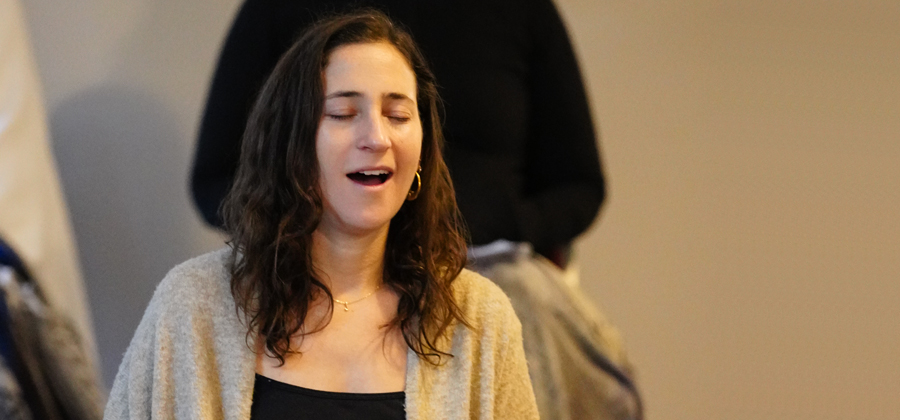
Re’eh 5785: Inch by Inch, Row by Row
Ever since we moved into our home 12 years ago, we have faced a challenge whenever there’s a heavy rain: our backyard turns into a small pond. Thankfully the water has not posed an issue for our basement (though the presence of three sump pumps in the house tells me that it probably did for the previous owners). Mostly it has just been a wet inconvenience. Depending on the amount of rainfall, it can put our backyard out of commission for a week or more—and in the Chicago area, every day that isn’t winter is a precious chance to be outside.
We’ve looked into various solutions. The one that would most effectively solve the problem is regrading, but it’s expensive. So for years, every time there’s a big rain, I have donned my rubber boots and schlepped an electric pump that sends the water through a hose out to the drain in the street. Not pretty, not fun, but effective.
This spring we tried a new solution: We planted a rain garden. Our neighbor Ron runs a landscaping business that specializes in native plants. He came over and designed an L-shaped garden of beautiful flowering plants that are indigenous to this area of northern Illinois: Rose milkweed, white turtlehead, cardinal flower, brown-eyed susans. It didn’t take long for them to grow, and by the middle of summer there were beautiful reds, yellows, blues and pinks throughout, along with monarch butterflies and hummingbirds and even a pair of goldfinches.
Earlier this week the garden got its first real test: 2.5 inches of rain in the span of about 4 hours on Monday night. The next morning I was eager for the dawn so I could get a look. And lo and behold, while there was water in the garden, much of it had been sopped up by the plants—and it was much prettier to look at than the muddy pond that would have been there otherwise. Success!
“There shall be no needy among you” (Deut. 15:4) declares Moses as he explains the mitzvah of shemittah, which involves both cancelling debts every seven years—and continuing to lend to those in need, even with the knowledge that the loan will be cancelled. (N.B. This is what led Hillel the Elder to come up with the pruzbul, whereby debts could be sold to the Rabbinic court and carried over through the sabbatical year—thereby ensuring that those with capital would lend to those in need.)
Yet despite this categorical statement—”There shall be no needy among you”—just a few verses later Moses contradicts himself: “There will never cease to be needy ones in your land, which is why I command you: open your hand to the poor and needy kindred in your land” (15:11). The medieval commentator Abraham Ibn Ezra observes this seeming contradiction and suggests a resolution based on the language of verse 6: “For YHVH your God will bless you as promised: you will extend loans to many nations, but require none yourself.” Ibn Ezra says, “Moses knew that a generation will arise that will not be mostly meritorious. He therefore said, ‘For the poor shall never cease out of the land.'”
I would suggest an additional way of resolving the contradiction: Moses’s first statement is an aspirational one; his second is realistic. We should aspire to a society in which everyone has what they need. Yet we know from our own experience that our desire not to see need can lead us, through motivated reasoning, to overlook it altogether. Thus we hold the vision on the one hand while perceiving clearly and honestly on the other. Living in that tension between ideal and real enables us to make progress—however partial and incomplete it may be.
The rain garden isn’t going to stop the storms that will continue and intensify. As I found when the morning finally came, it’s not even going to soak up all the water. But it undoubtedly makes things better than they were, providing beauty for us to enjoy and a habitat for plants and creatures to live in their glorious interdependence.
In a casual line of conversation years ago, Rabbi Nancy Flam pointed out that “contemplative” means “with time.” I think about that observation nearly every day. These days I find myself thinking about how we who engage in and teach contemplative practices approach questions that seem to have great urgency: How do we end suffering right now? How do we bring about action before it’s too late? I’m still working on my answer to that. But I know that a key element is continuing the practice so that we can live in this tension between ideal and real, to plant and tend the garden as best we can.








